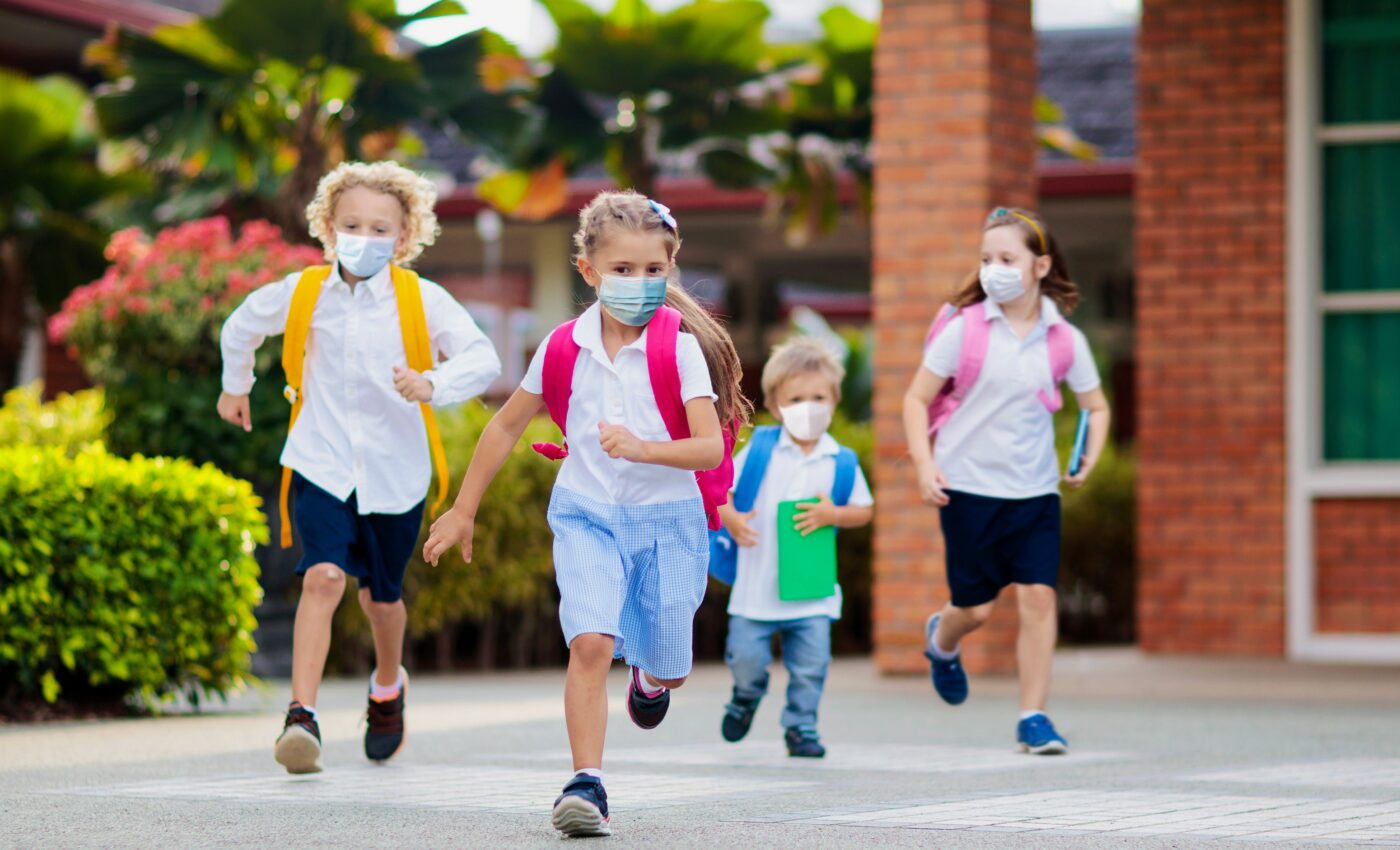
Reducing air pollution boosts brain development in children
More than 90 percent of the world’s population breathes polluted air, with particulate matter concentrations above the safety threshold set by the World Health Organization (WHO). An increasing number of studies have argued that exposure to air pollution can affect brain development. A research team led by Simon Fraser University (SFU) in Canada has now investigated the benefits of using air filters to reduce the negative impact of air pollution on brain development in children.
Starting in 2014, the scientists recruited 540 pregnant women in Ulaanbaattar, Mongolia (one of the cities with the worst air quality in the world) to participate in the Ulaanbaatar Gestation and Air Pollution Research (UGAAR) study. The women – who were randomly assigned to either a control or an intervention group – were less than 18 weeks into their pregnancies, non-smokers, and had not previously used air filtering devices. Those in the intervention group were provided with one or two HEPA filter air cleaners and encouraged to run them continuously during their pregnancies.
By measuring the children’s full-scale intelligent quotient (FSIQ) at four years of age, the scientists found that those born to mothers who had used the air cleaners had an average FSIQ which was 2.8-points higher than the children born to mothers in the control group.
“These results, combined with evidence from previous studies, strongly implicate air pollution as a threat to brain development,” said study senior author Ryan Allen, a professor of Environmental Health at SFU. “But the good news is that reducing exposure had clear benefits.”
Children whose mothers had used the air filters were also found to have significantly greater average verbal comprehension index scores – a result consistent with those of previous observational studies. These findings suggest that children’s verbal skills may be particularly sensitive to exposure to air pollution. Thus, reducing pollution during pregnancy could be an efficient way of improving children’s cognitive development around the world.
“Air pollution is everywhere, and it is preventing children from reaching their full potential. Air cleaners may provide some protection, but ultimately the only way to protect all children is to reduce emissions,” concluded Professor Allen.
The study is published in the journal Environmental Health Perspectives.
—
By Andrei Ionescu, Earth.com Staff Writer













